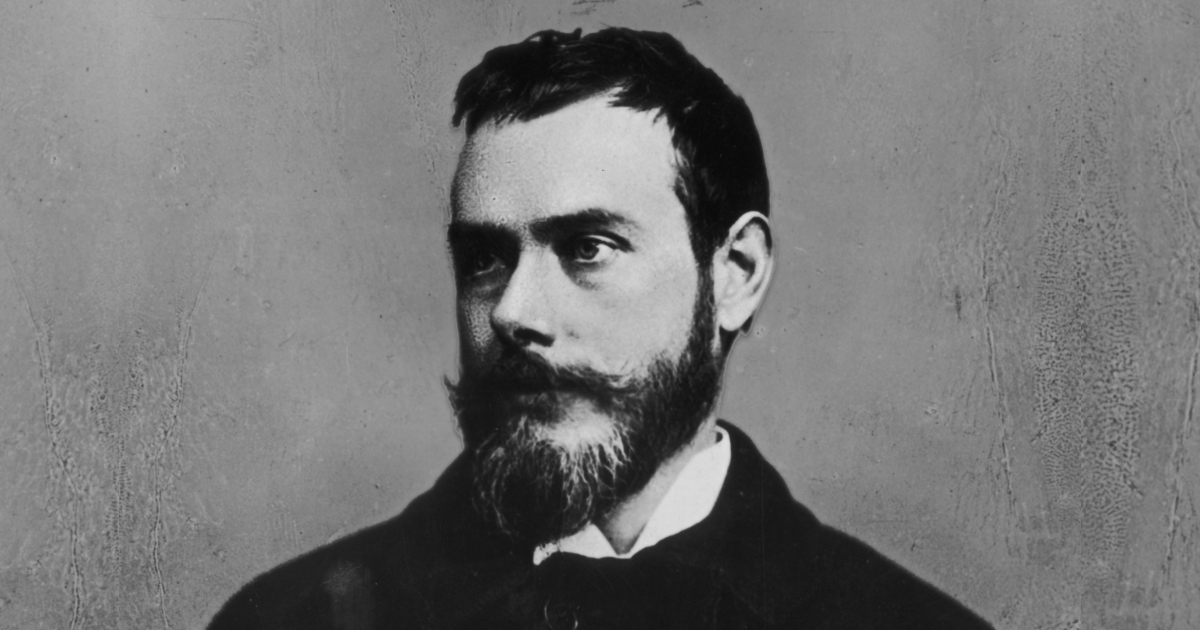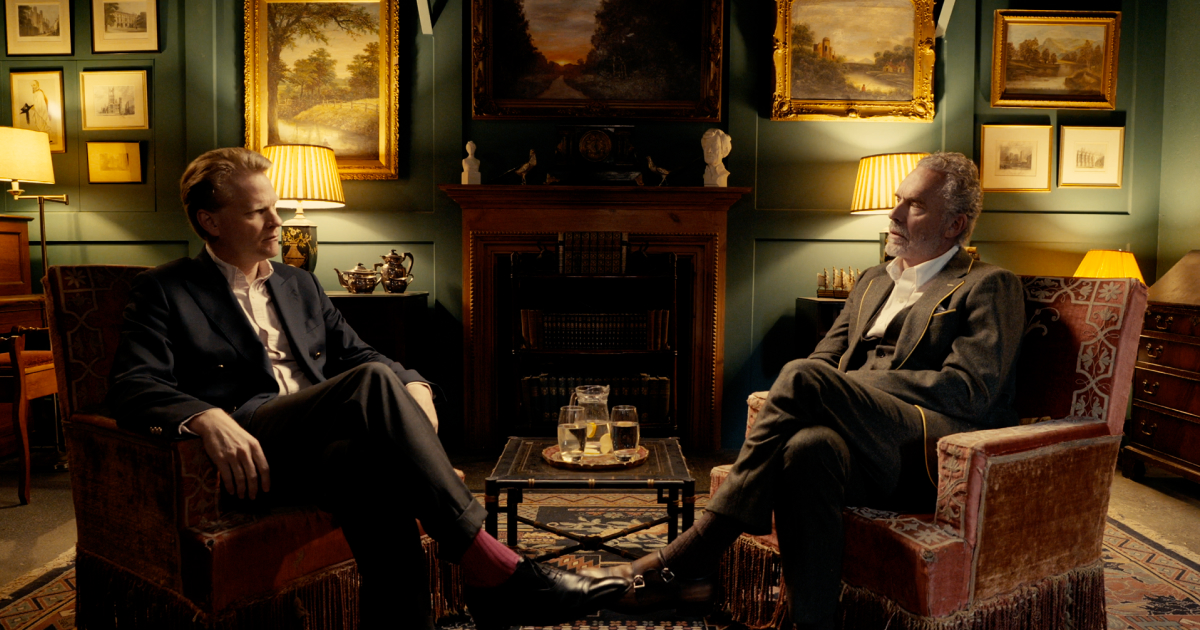Liberalism and Its Discontents
by Francis Fukuyama
Profile Books £16.99, 192 pages
The term “liberalism” is a monster that has grown large and confusing tentacles in recent decades. In the US it largely refers to left-of-centre politics, but also inspires libertarianism; in the UK it can refer to capitalist excess and also to progressive individualism and identity politics. All the time it also refers to our basic political and cultural context: liberal democracy. What a mess.
Francis Fukuyama wants to cut these sprawling tentacles down to size and return to first principles. “Classical liberalism is the doctrine that first emerged in the second half of the 17th century that argued for the limitation of the powers of governments through law and ultimately constitutions, creating institutions protecting the rights of individuals living under their jurisdiction.” Neither left-wing nor right-wing, it is “a big tent that encompasses a range of political views that nonetheless agree on the foundational importance of equal individual rights, law, and freedom.”
In a brief historical sketch, Fukuyama explains that the Reformation led to such horrific civil wars that a new political creed was called for; because religious difference was the core source of conflict, liberalism can “be understood as an institutional solution to the problem of… peacefully managing diversity in pluralistic societies”. Alongside the right to believe what you want, private property quickly became a core principle. Though contested by radical egalitarianism, its rise has continued into our own time. But all is not well: two developments of liberalism have damaged its reputation in recent years.
The first of these is economic neoliberalism. For four decades, many governments have been over-influenced by free-market dogma, and have allowed the idea of the common good to decline. A simplistic notion of the selfish individual has elbowed aside the fact that humans also deeply desire community. Individualism is an ineradicable aspect of liberalism, Fukuyama admits (he traces this to the decline of extended kinship groups in early medieval times, arguing that the Catholic Church’s changes to inheritance rules were a key factor), but it must be reined in.
Liberalism is not in itself very concerned with social justice; it “needs to be paired with democracy so that there can be political corrections made to the inequalities produced by market economics”. The second main danger is the rise of identity politics, which began as an attempt to fulfil the promise of liberalism but has turned against it. Influenced by thinkers such as Foucault, it sees the liberal ideal of equality as one group’s tool for staying in power. It does not explain why another group should be allowed to have this power instead.
When he discusses the conservative critique of liberalism, Fukuyama acknowledges that “liberal orders a spiritual vacuum: they allow individuals to go their own way, and create only a thin sense of community”. But liberals should not apologise for this thinness; it is “a feature, not a bug”. With secularism on the rise in the US, there is no real way of restoring a “thicker moral order” without provoking violent resistance. The left-wing critique also has a valid case when it accuses liberalism of being far too slow to tackle deep problems like racism and climate change, but it too lacks a practical alternative vision.
These critiques have dented liberalism’s confidence, says Fukuyama; where can it find some of its old chutzpah? Well, it can remember its deep affinity with the nation state: “National identity… can be shaped to support rather than undermine liberal values.” The spectre of ethno-nationalism can be banished by patriotic pride in one’s membership of a liberal state.
Fukuyama’s approach is clear, calm and rational; he avoids journalistic polemics and academic over-complexity. This makes it a useful book, one that can help the general reader to think these matters through. On the other hand, its treatment of religion is two-dimensional, and Fukuyama does not properly consider the religious roots of the liberal vision.
A more profound book would grapple with this and admit that liberalism is problematically thin when religious culture declines. But Fukuyama has set out the secular rational case for liberalism with admirable clarity.
Liberalism and Its Discontents
by Francis Fukuyama
Profile Books £16.99, 192 pages
The term “liberalism” is a monster that has grown large and confusing tentacles in recent decades. In the US it largely refers to left-of-centre politics, but also inspires libertarianism; in the UK it can refer to capitalist excess and also to progressive individualism and identity politics. All the time it also refers to our basic political and cultural context: liberal democracy. What a mess.
Francis Fukuyama wants to cut these sprawling tentacles down to size and return to first principles. “Classical liberalism is the doctrine that first emerged in the second half of the 17th century that argued for the limitation of the powers of governments through law and ultimately constitutions, creating institutions protecting the rights of individuals living under their jurisdiction.” Neither left-wing nor right-wing, it is “a big tent that encompasses a range of political views that nonetheless agree on the foundational importance of equal individual rights, law, and freedom.”
In a brief historical sketch, Fukuyama explains that the Reformation led to such horrific civil wars that a new political creed was called for; because religious difference was the core source of conflict, liberalism can “be understood as an institutional solution to the problem of… peacefully managing diversity in pluralistic societies”. Alongside the right to believe what you want, private property quickly became a core principle. Though contested by radical egalitarianism, its rise has continued into our own time. But all is not well: two developments of liberalism have damaged its reputation in recent years.
The first of these is economic neoliberalism. For four decades, many governments have been over-influenced by free-market dogma, and have allowed the idea of the common good to decline. A simplistic notion of the selfish individual has elbowed aside the fact that humans also deeply desire community. Individualism is an ineradicable aspect of liberalism, Fukuyama admits (he traces this to the decline of extended kinship groups in early medieval times, arguing that the Catholic Church’s changes to inheritance rules were a key factor), but it must be reined in.
Liberalism is not in itself very concerned with social justice; it “needs to be paired with democracy so that there can be political corrections made to the inequalities produced by market economics”. The second main danger is the rise of identity politics, which began as an attempt to fulfil the promise of liberalism but has turned against it. Influenced by thinkers such as Foucault, it sees the liberal ideal of equality as one group’s tool for staying in power. It does not explain why another group should be allowed to have this power instead.
When he discusses the conservative critique of liberalism, Fukuyama acknowledges that “liberal orders [have] a spiritual vacuum: they allow individuals to go their own way, and create only a thin sense of community”. But liberals should not apologise for this thinness; it is “a feature, not a bug”. With secularism on the rise in the US, there is no real way of restoring a “thicker moral order” without provoking violent resistance. The left-wing critique also has a valid case when it accuses liberalism of being far too slow to tackle deep problems like racism and climate change, but it too lacks a practical alternative vision.
These critiques have dented liberalism’s confidence, says Fukuyama; where can it find some of its old chutzpah? Well, it can remember its deep affinity with the nation state: “National identity… can be shaped to support rather than undermine liberal values.” The spectre of ethno-nationalism can be banished by patriotic pride in one’s membership of a liberal state.
Fukuyama’s approach is clear, calm and rational; he avoids journalistic polemics and academic over-complexity. This makes it a useful book, one that can help the general reader to think these matters through. On the other hand, its treatment of religion is two-dimensional, and Fukuyama does not properly consider the religious roots of the liberal vision.
A more profound book would grapple with this and admit that liberalism is problematically thin when religious culture declines. But Fukuyama has set out the secular rational case for liberalism with admirable clarity.

















